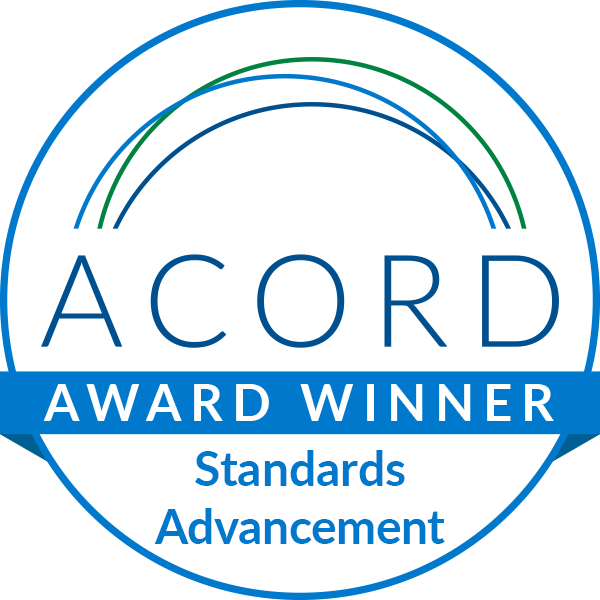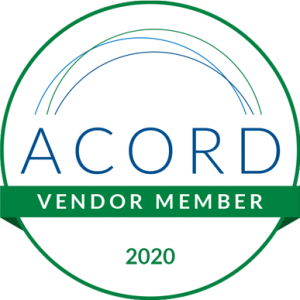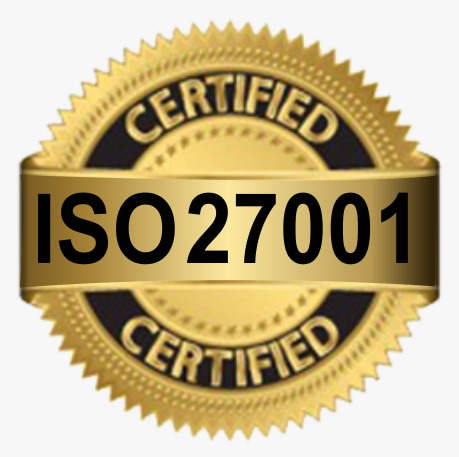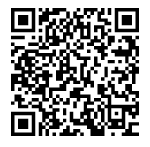What is Insurance?
Insurance is defined as a contract in which an individual or organization receives financial protection and reimbursement of damages from the insurer or the insurance company. On a basic level, Insurance is some form of protection from any unpredictable financial losses. The insurance industry is built on policyholder’s confidence that insurance contracts will be fulfilled and eligible claims paid. Here we will discuss some important terms that are widely used in the insurance field.
Insurance Carriers
An insurance carrier is an insurance company also called an insurance provider, one which provides an insurance policy. It is the issuer of the policy that charges the premium and covers the losses and claims under the policy with a payment of premium paid by the insured person. Like LIC India. HDFC etc.
Insurer
An insurer is an entity that provides insurance. It is also known as an insurance company, insurance carrier, or underwriter. An insurer can be the carrier itself or the company which has the agents and producers and does the insurance business with the carrier.
Insured
A person or an entity who gets or buys insurance to cover the risk (of uncertainty or loss etc) by paying a premium is called Insured or known as the policyholder.
Co-insured
Sometimes like in health insurance, family policy is taken or issued in the name of the head of the family and other family members are covered in the same policy. In this case, other members are referred to as the co-insured.
P&C insurance
P&C insurance is Property and casualty insurance. In this insurance, the coverage is to protect the stuff you own (like your home and car) and offer liability coverage. This insurance helps to protect in an accident that causes injuries to another person or damage to another person’s stuff.
P&C insurance examples are homeowners insurance, condo insurance, co-op insurance, liability insurance, and auto insurance. Other types of insurance coverage such as life insurance, health insurance, and fire insurance are not covered by P&C insurance.
Personal Lines Insurance
Personal lines insurance is a type of insurance that covers individuals against losses that result from death, injury, or loss of property. Examples of Personal Line insurance include homeowner’s insurance, health insurance, automobile insurance, renter’s insurance, disability insurance, and other types of property and casualty insurance.
This category of insurance usually contains several subcategories like auto insurance, disability insurance, homeowners insurance, life insurance, long-term care insurance, and wedding insurance, etc.
Commercial Lines Insurance
Commercial lines insurance is also one type of property and casualty insurance. The insurance products designed for businesses rather than property belonging to an individual. The policy can cover a variety of insurance needs for any business, like auto insurance for the company’s who is in the business of Taxi services and for companies like worker’s compensation insurance for employees.
Commercial lines Insurance helps a business to keep the economy running smoothly by protecting it from potential losses they couldn’t afford to cover on their own.
Examples: Commercial auto insurance, workers compensation insurance, federal flood insurance, aircraft insurance, ocean marine insurance, etc.
Lines of Business (LOB) and their types in P&C
LOB stands for Line-of-business is a general term that defines the products or services offered by a business or manufacturer. Suppose a company that manufactures hard disks, so their LOB is data storage. In insurance, the Line of Business is basically a general classification of insurance industry business.
There are four broad categories or lines of LOB insurance:
- Property
- Casualty
- Life
- Health and Disability
Each of the four major categories of insurance can be further subdivided into both personal and commercial lines as well. Personal lines are property-casualty coverages that are designed to protect an individual or family. Commercial lines coverages protect businesses from losses.
Leads
Leads in general refer to the data that identifies an entity as a potential buyer of a product or service. In insurance, lead is a “prospect” for an insurance business that would need to examine and qualify as a new potential client while determining their intent and interest.
In other words, a lead is an individual or organization with an interest in what you are selling or trying to sell. The interest is mostly expressed by sharing details like contact information, email ID, a phone number, social media handle, etc.
Accounts
Accounts basically refer to the keeping of financial records of an organization that registers all financial transactions, and that should be kept at its registered office or place of business. The purpose of maintaining records is to enable anyone to appraise the company’s current financial position with reasonable accuracy. The balance sheet and the income statement (profit and loss account) present the companies annual accounts. The annual account reports of a registered or incorporated business are required by law to disclose a certain amount of information.
Coverages and Limits
The amount of insurance that the insured purchase is usually called your policy limit, or limit of coverage. Coverage is the maximum amount your insurer or carrier will pay for a particular loss or losses, subject to the terms and conditions of your insurance policy. Each policy is taken according to the requirements of the insured.
An insurance policy is a collection of coverages — and each coverage has a limit. So there can be multiple limits within one policy.
For example, an auto insurance policy that provides liability coverage, collision coverage, and comprehensive coverage will have three separate coverage limits.
VIN Number
Vehicle Identification Number is abbreviated as VIN. It is the identifying code for a SPECIFIC automobile. It’s like a fingerprint of a vehicle, as no two vehicles can have the same VIN. VIN of a vehicle is composed of 17 characters (digits and capital letters) that act as a unique identifier for the vehicle.
MVR Record in insurance
MVR is called the Motor Vehicle Record (MVR). It’s a report of your driving history, as reported from the state department of Motor Vehicles.
It shows a person’s driving history including valuable information about their driver’s license such as special endorsements, license type, current and past license statuses including cancellations, revocations and suspensions, and any restrictions on their license. Some insurance companies consider this information in MVR reports, along with other factors, when determining insurance eligibility and insurance premiums.
Insurance Claims
An insurance claim is a formal request placed by a policyholder to the insurance company for getting compensation for a covered loss or policy event (in policy term completion). The insurance company verifies the facts and information as per policy agreement and validates the claim and, once approved, issues payment to the insured or an approved interested party on behalf of the policyholder.
Insurance Policy History
Insurance policy history is nothing but the track of all the information related to a policy from the issue date to the present date. For example, if it is a life insurance policy then it tracks all events associated with that policy like payment history, the prior insurer if any of the policy is ported from other insurance coverages or limits changes mean all the endorsements made for the policy till date.
Endorsements
Any change to your existing insurance policy that adjusts your coverage is called an insurance endorsement. Adding an endorsement to your existing insurance policy contract usually means adding or modifying coverage or applying or making any change in the information in the policy.
An endorsement may add, remove, or alter the coverage under the policy. In life insurance, an endorsement is also referred to as a rider.
It can be like the following:
A change/correction in the engine number
A change/correction in the chassis number
A change/correction in the Registration Number
A change/correction in your name, address, etc.
Insurance Agency
An insurance agency, or an insurance brokerage or independent agency, solicits, writes, and binds policies through many different insurance carriers or companies. They are just the commission-based companies and not directly employed by any insurance carrier. For an example, ABC insurance is an agency which works with LIC India, ICICI Lombard, HDFC Insurance, Bajaj Allianz, etc., So this is an independent insurance agency that employs insurance agents or brokers to sell products off these insurance companies that they are appointed with and in return, they get the commission based upon the business they give to the insurance companies.
Producer
An insurance producer (also called an agent or insurance broker) is an individual licensed by a State’s Insurance Division or Department to sell the insurance products and can negotiate life, health, property, or other types of insurance offered by an insurance company. As an insurance producer, they may work for one insurance company only for multiple carriers.
There are different categories of insurance and a producer must get licensed in each category he or she wishes to transact business. Basically they act as an intermediary between a customer and the insurance company.
Agency Commission
Amount paid to an insurance agency by the Insurance carrier or company as a percentage of the policy premium for doing the insurance business is called the Agency commission. The percentage varies widely depending on coverage and limits, the insurer, and the marketing methods. Suppose for a Life insurance business policy, if the agency is entitled to 20% commission on total premium from a carrier then the agency will get Rs. 20,000 for doing Rs.100,000 business of premium collected.
Producer Commission
Amount paid to an insurance producer (also called an agent or insurance broker) by the Insurance carrier or company as a percentage of the policy premium for doing the insurance business is called the Producer’s commission. The percentage varies widely depending on coverage and limits, the insurer, and the marketing methods. Suppose for a Life insurance business policy, if the agency is entitled to 15% commission on total premium from carrier then the insurance producer will get Rs.15,000 for doing Rs.100,000 business of premium collected.







Leave A Comment